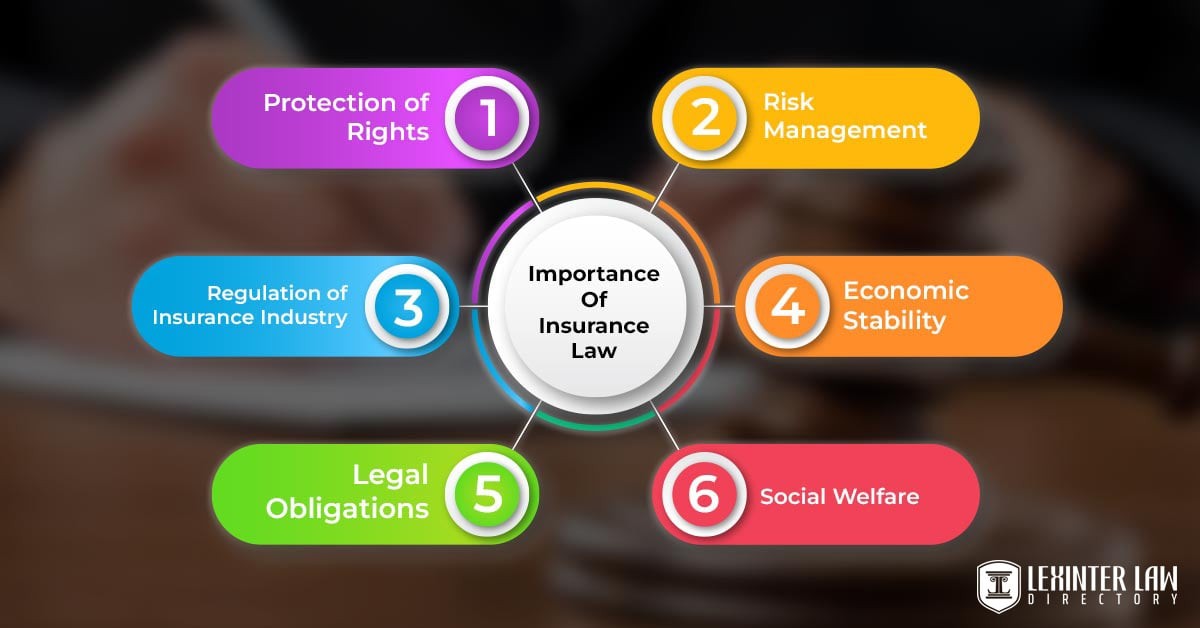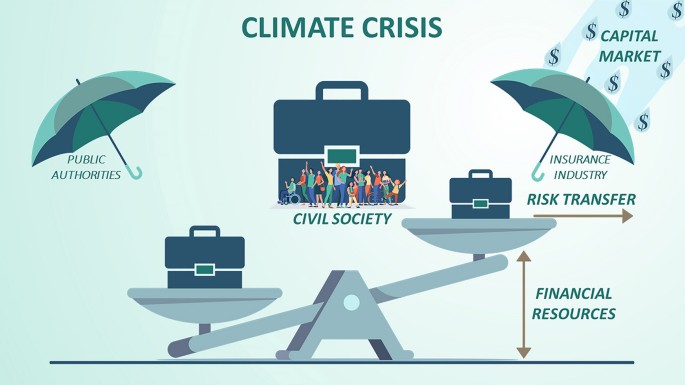In the insurance industry, compliance with legal standards is the baseline, not the pinnacle. While regulations provide a framework for fair conduct, they often fall short of capturing the full spectrum of ethical responsibility. Ethical insurance practices go beyond the letter of the law, embracing a deeper commitment to transparency, fairness, and the long-term well-being of clients. This distinction matters because insurance is fundamentally built on trust—a promise to protect people when they are most vulnerable. When that trust is compromised, the consequences ripple far beyond individual claims, affecting reputations, market stability, and public confidence.
Ethical behavior in insurance begins with how policies are designed and marketed. It’s easy to meet legal disclosure requirements while still burying critical information in fine print or using language that confuses rather than clarifies. Ethical insurers take a different approach. They prioritize clarity, ensuring that clients understand what they’re buying, what’s covered, and what isn’t. This means avoiding misleading sales tactics, resisting the temptation to upsell unnecessary coverage, and making sure that exclusions and limitations are communicated in plain language. For example, a homeowner purchasing flood insurance should not discover after a disaster that their policy only covers certain types of water damage due to vague wording. Ethical practice demands that such distinctions be made clear from the outset.
Claims handling is another area where ethics come into sharp focus. Legally, insurers must process claims within a reasonable timeframe and avoid bad faith denials. But ethical practice goes further, emphasizing empathy, responsiveness, and a genuine commitment to helping clients recover. When someone files a claim, they are often dealing with stress, loss, or uncertainty. An ethical insurer recognizes this and treats the claimant not as a transaction, but as a person in need of support. This might mean proactively communicating throughout the process, offering guidance on documentation, or even making exceptions when circumstances warrant it. The goal is not just to fulfill contractual obligations, but to honor the spirit of protection that insurance is meant to provide.
Pricing strategies also reveal the difference between legal compliance and ethical conduct. While insurers are allowed to use risk-based pricing models, ethical considerations come into play when these models disproportionately affect certain groups. For instance, using zip codes as a proxy for risk might inadvertently penalize low-income communities, leading to higher premiums for those least able to afford them. Ethical insurers examine the broader impact of their pricing algorithms and seek to balance profitability with social responsibility. They explore ways to mitigate unintended consequences, such as offering subsidies, creating inclusive products, or engaging in community outreach to better understand local needs.
The role of agents and brokers is equally critical. These professionals serve as intermediaries between insurers and clients, and their conduct can either reinforce or undermine ethical standards. While commissions and incentives are common in the industry, they can create conflicts of interest if not carefully managed. Ethical agents prioritize the client’s best interests, recommending products based on suitability rather than profitability. They take the time to understand the client’s circumstances, explain options thoroughly, and remain available for follow-up questions. This level of service builds trust and fosters long-term relationships, which are far more valuable than short-term gains.
Technology has introduced new ethical challenges and opportunities. Data analytics, artificial intelligence, and digital platforms have transformed how insurers assess risk, interact with clients, and manage claims. While these tools can enhance efficiency and accuracy, they also raise concerns about privacy, bias, and accountability. Ethical insurers are proactive in addressing these issues. They implement safeguards to protect sensitive information, audit algorithms for fairness, and ensure that automated systems do not replace human judgment where empathy and nuance are required. For example, an AI-driven claims system might flag a claim for denial based on incomplete data, but an ethical insurer would have a human review the case to ensure that the decision is justified and compassionate.
Corporate culture plays a foundational role in sustaining ethical insurance practices. It’s not enough to have a code of conduct or compliance department; ethics must be woven into the fabric of the organization. This means hiring and training employees who value integrity, encouraging open dialogue about ethical dilemmas, and rewarding behavior that reflects the company’s values. Leadership sets the tone, and when executives model ethical decision-making, it cascades throughout the organization. Conversely, when profit is prioritized at all costs, corners are cut, and ethical lapses become normalized.
Ultimately, ethical insurance practices are about honoring the purpose of the industry itself: to provide security, peace of mind, and a safety net in times of need. This requires more than legal compliance—it demands a commitment to doing what’s right, even when it’s inconvenient or unprofitable. It means seeing clients not as policyholders, but as partners in a shared journey toward resilience. In a world where trust is increasingly fragile, insurers who embrace ethics as a core principle will not only stand out—they will endure. Their reputations will become their strongest assets, and their clients will become their most loyal advocates. That kind of success can’t be legislated—it must be earned.




